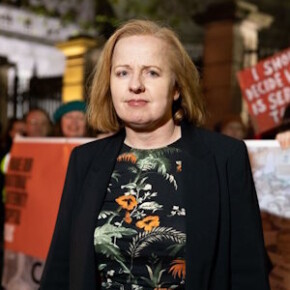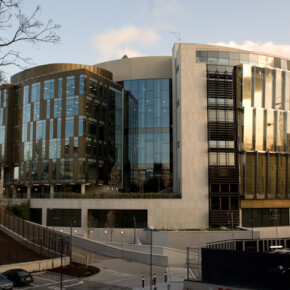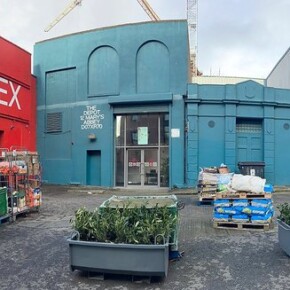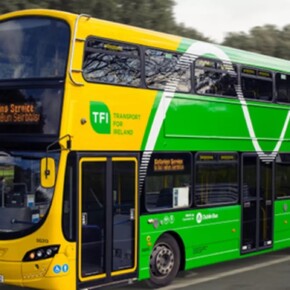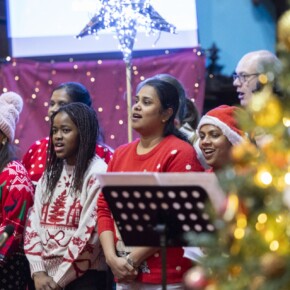Domestic violence services under pressure
Dublin People 21 Jun 2014
A NORTHSIDE charity for victims of domestic violence has warned that the housing crisis, insufficient refuge spaces and cutbacks are impacting on services.
Earlier this month Sonas participated in the SAFE Ireland One Day Census, which found that on one day in 2013, a total of 467 women and 229 children were being accommodated or receiving support from a domestic violence service in Ireland.
Sonas is the largest provider of services to women and children experiencing domestic violence across the greater Dublin area. The service operates a refuge in Blanchardstown and outreach services across North County Dublin and Dublin 15.
Following publication of the census results Sonas CEO, Fiona Ryan, told Northside People that all domestic violence services for victims were under pressure.
“Demand for services is increasing and like everyone else we are trying to do more with less in the face of year on year cuts,
? she said.
“Our outreach service in North County Dublin is relatively new and the demand has far exceeded what we thought it would originally be.
“Fundamentally victims of domestic violence need a safe place. The current housing crisis coupled with the fact that we do not have sufficient refuge spaces in this country and cuts to services is making an already difficult situation worse.
?
Sonas is funded by child and family agency, Tusla, the Dublin Region Homeless Executive and from rental income from houses it lets at social rent rates.
It was one of 37 frontline domestic violence support services around the country that took part in the Safe Ireland One Day Census. The census found that on the day, an ordinary Tuesday last November, 115 women and 155 children were in refuge from abuse situations.
SAFE Ireland says that while it is shocking that a total of nearly 12,000 women and children accessed services for accommodation or support last year, it believes there are thousands more that remain hidden from the statistics.
A recent EU survey on domestic violence highlighted a low level of disclosure by Irish women, a societal resistance to speak out about violence and a poor response to victims in need of practical, physical and emotional supports.
The EU survey alarmingly found that 70 per cent of Irish women did not contact any organisation, including the police, following their most serious incidence of violence.
Ms Ryan confirmed that woman failing to access services was a common problem.
“We know that domestic abuse is a lot more prevalent than the numbers presenting at refuge,
? she continued.
“Women tend to want to resolve issues privately, if they can, and may seek help from friends and family if they believe it is safe.
“If they have the resources they can find private accommodation and may never come into contact with any statutory services or show up in any official figures.
?
The One Day census highlighted the number of non-Irish nationals now accessing services for domestic violence in Ireland. Almost 25 per cent of women accessing services on the day were not Irish.
Sonas supports women and children from both Irish and non-Irish backgrounds and Ms Ryan says some migrant woman have unique difficulties when they become victims.
“Migrant women can face additional challenges in relation to domestic violence particularly if English may not be her first language,
? she said.
“Her residency status may be dependent on her husband or partner or she may believe or have been told that it is.
“She may be economically dependent on him, he may hold all relevant documentation including passports. She may never have dealt with any statutory services before and may not even know anyone outside her family or migrant community.
“Her own family and friends could be thousands of miles away. It can be very challenging but we have seen women and children from all backgrounds, overcome challenges and rebuild their lives.
?
Sonas supports on average around 350 women and 350 children a year. Two thirds of the children in its services are under the age of 10 with under fives being the biggest age group.
Sonas services are open to any victim, regardless of where they’re from.
“It is important to say if someone wants support and are not from one of our areas they are still able to contact us and we will either work with them or refer them to another service that may be closer,
? Ms Ryan said.


